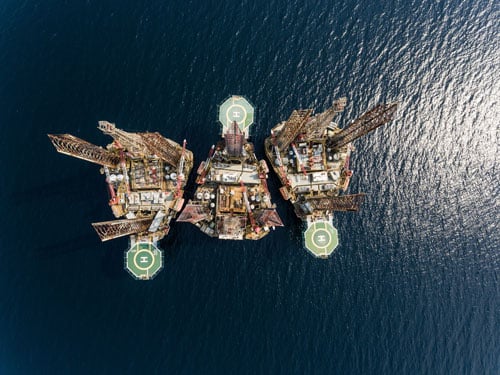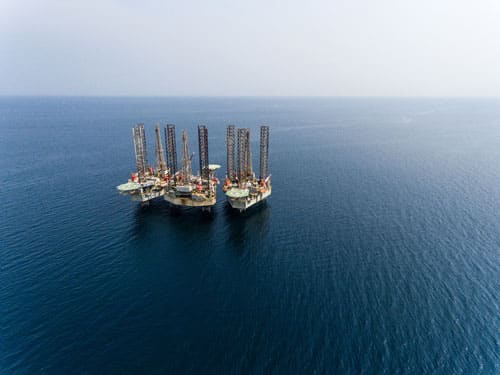
Equatorial Guinea is the smallest country and is located in Middle Africa, with an area of 28,000 square km and a population of 650,702. It produces around 360,000 barrels of oil per day and is the richest country in Africa.
Exact Location and Capital:
It has two parts, insular and mainland region. Bioko Island and Annobon are two famous islands, located in its insular region, also having the country’s capital Malabo. The mainland region, Rio Muni, also comprises of many islands, and is bordered by countries like Cameroon and Gabon.
Language:
Spanish is the official language. It was formerly a Spanish colony. French and Portuguese are also spoken here. Fang, Bube, Igbo, Pidgin English and Annobonese are some of the regional languages.
Ethnic groups:
Fang 88%, Bubi 6%, Ndowe 3.6%, 1.6% Annobon, Bujeba 1.1%, others 1.4 %
GDP BY SECTOR: agriculture: 2.8%, industry: 92.6%, services: 4.5% (2006 est.)
GDP rate: 18.6%
Per capita income: $15,401
Rank amongst oil producing countries in Sub- Saharan Africa: Third
Infrastructure: Poor and decrepit. Investment is needed in this sector.
Major Exports:
Minerals, oil and gas (96%), Organic chemicals (2.7%) timber, furniture and other products made of wood, wood charcoal (1%), Pearls-precious stones-metals-antique coins (less than 1%)
Major Industries: Forestry, Fishing and animal husbandry
Political Overview:
Became independent from Spain in 1963 and it has a presidential form of government. Teodoro Obiang is the current President of Equatorial Guinea.
Religions practiced:
93% of the population is Christian, 87 % being Roman Catholics and 5 % being Protestants, whereas the rest of the population has African indigenous beliefs.
Need for Spanish, French and Portuguese translators:
Foreign excavators and investors, since the discovery of oil, have started taking interest in Equatorial Guinea’s oil reserves. They need Spanish, French and Portuguese translators to communicate with the local population. The translators of these languages have great opportunities waiting for them in Equatorial Guinea.
Places to visit by the tourists:
Monte Alén National Park, Pico Basilé, Arena Blanca, Malabo Cathedral, The Museum of Biyabiyan, Pico Malabo, Plaza del Reloj, The Cascades of Moca, Palacio de la Presidencia, Mount Nimbia
Culture and Society:
Equatorial Guinea being a colony of Spain, has been greatly influenced by the Spanish culture but still some of the ethnicities still adhere to their ancient customs and have strange beliefs. The island of Bioko has the greatest Spanish influence. Fang and Bubi ethnicities have been least influenced by Spanish culture and traditions and still believe in witchcraft, traditional music, traditional dances, storytelling, using of herbs as medicines etc. It’s a tradition to present the other person with a guinea pig as present. For women the color should be brown and for men the color should be black.
Business Etiquettes and rules:
- Shake hands with your counterpart.
- Greeting shouldn’t be rushed.
- People show their affection by holding hands for a long time.
- Its a good thing to be punctual for the meetings without expecting punctuality in return.
- Do not show impatience and give the other the opportunity to personally know you before sealing a business agreement. Develop a relationship of trust and good faith.
- Schedule meetings beforehand and try to stick to your commitment.
- Try to bring some gifts for the person as a good gesture.
- Do not appear unconcerned about the other person’s personal matters. Try to be friendly and considerate.
- Shake hands at the beginning and end of a meeting and try to dress formally.
References:

